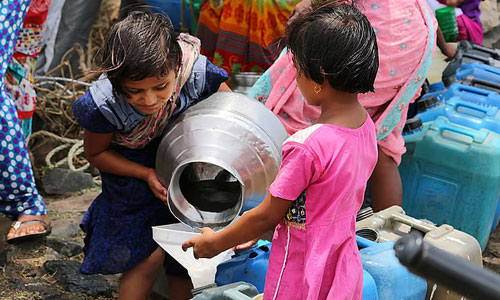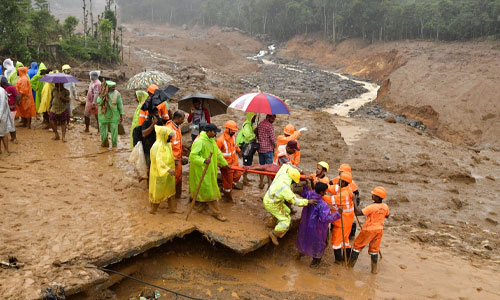Robust diagnostics, if co-developed with local insights and global expertise, can drive inclusive financial resilience in climate-vulnerable economies like India.
— India —
resilient. equitable. catalytic.












Strengthening Inclusive Insurance and Risk Finance in India: A UNDP Initiative
"Insurance and risk financing are not only financial instruments—they are tools of empowerment that help societies absorb shocks and invest in a safer future."
— United Nations Development Programme (UNDP), Insurance and Risk Finance Facility
Challenge
India is acutely vulnerable to climate and disaster risks, with over 60% of districts exposed to extreme floods, 68% prone to drought, and a coastal population facing intensifying cyclones and rising sea levels.
At the same time, socioeconomic disparities and limited public health spending deepen the impact on vulnerable communities—especially those working in agriculture, living in rural areas, or without access to social safety nets.
Despite the launch of social protection schemes such as PMFBY (crop insurance) and PM-JAY (health insurance), insurance penetration remains low, especially in Tier III+ geographies. A fragmented regulatory environment, uneven digital adoption, and low financial literacy continue to restrict the scaling of inclusive insurance.
The UNDP’s Country Diagnostic on Inclusive Insurance and Risk Finance for India, conducted in 2022, sought to address these issues by evaluating systemic gaps and opportunities, and to guide engagement strategies for governments, regulators, and market participants.
Strategy
Over the course of November to December 2022, GG International’s Insurance Finance and Risk Team Lead, Russell Leith, led a comprehensive expert review of the diagnostic prepared by Indian researchers. Supported by international legal expert Shaan Stevens, the team undertook the following actions:
- Validation of local expert findings: Reviewed the robustness of data and methodologies used in assessing India’s inclusive insurance landscape.
- Critical feedback loop: Identified missing risk finance mechanisms, tested feasibility of regulatory recommendations, and analyzed institutional mandates for coherence.
- Regulatory and policy alignment: Cross-checked the diagnostic against India’s obligations under global frameworks like the Sendai Framework, SDGs, and the Paris Agreement.
- Technology and governance inputs: Emphasized the role of AI, remote sensing, and health data stacks in enabling actuarial soundness, reducing basis risk, and improving claim transparency.
- Legal reinforcement: Proposed refinements to data protection protocols and reviewed IRDAI’s regulatory scope regarding inclusive product approvals and distribution models.
This peer-review process was guided by a deep understanding of India's dual market structure—balancing formal financial sector strengths with underserved informal segments—and a commitment to climate resilience through market-based mechanisms.
Transformation
The finalized report—now endorsed by the UNDP’s Insurance and Risk Finance Facility—incorporated all expert recommendations and is positioned for adoption by relevant Government of India agencies. It now serves as a foundational benchmark for India’s national insurance and disaster risk finance roadmap.
Key deliverables included:
- A revised Country Diagnostic Report with tested policy interventions and market engagement strategies.
- Guidance for national authorities to integrate inclusive insurance into broader climate adaptation and social protection agendas.
- Enhanced policy focus on leveraging InsurTech for remote risk assessment, real-time claims, and gender-inclusive coverage expansion.